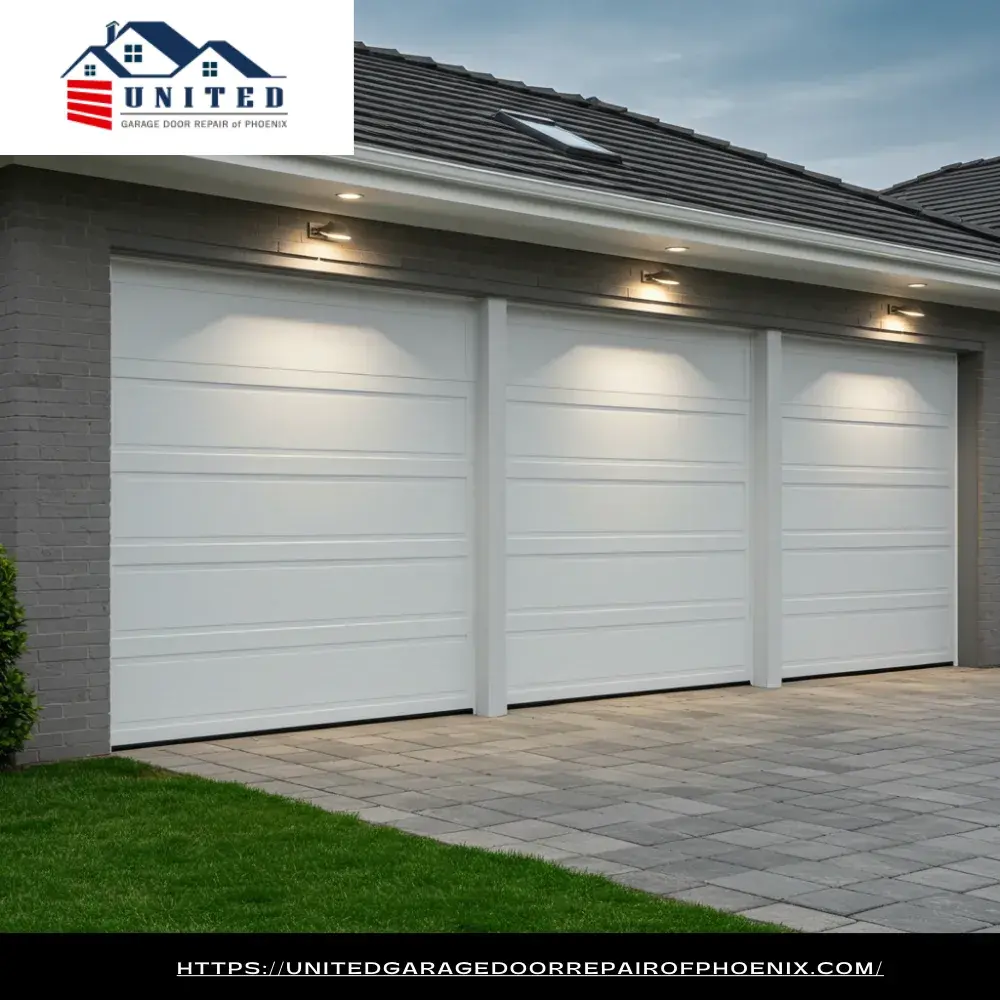Your garage door is an essential part of your home, providing security, convenience, and curb appeal. However, like any mechanical system, it can develop issues over time. When your garage door stops working properly, it can be frustrating and even pose a safety risk. Whether it’s stuck, making unusual noises, or moving slowly, knowing how to troubleshoot common problems can help you decide whether it’s a simple fix or time to call a garage door repair professional.
Common garage door problems include broken springs, faulty openers, misaligned tracks, and worn-out rollers. While some minor issues can be addressed with basic DIY troubleshooting, others require expert repair services to ensure safety and prevent further damage.
In this ultimate guide to garage door repair, we’ll cover the most frequent issues homeowners face, how to diagnose the problem, and the best solutions to keep your garage door working smoothly.
Diagnosing Common Garage Door Problems: What to Look For
Before diving into garage door repair, it’s important to identify what’s causing the issue. If your garage door won’t open or close, check the remote batteries, power supply, and sensor alignment. Sometimes, a simple battery replacement or sensor adjustment can resolve the problem.
If the door is stuck halfway or moving unevenly, the tracks or rollers may be misaligned or damaged. Inspect the tracks for dirt buildup, bends, or loose bolts. If the issue persists, a worn-out spring or cable could be to blame.
Strange noises like grinding, squeaking, or banging usually indicate a need for lubrication or loose hardware. Tightening screws and applying a garage door lubricant can help reduce noise. Understanding these common problems will help you determine if a DIY fix is possible or if professional assistance is needed.
Quick Fixes for Minor Garage Door Issues
Some garage door problems have easy solutions that don’t require a professional. If your garage door opener isn’t responding, start by checking the power source and resetting the unit. If that doesn’t work, try reprogramming the remote or replacing the batteries.
For a noisy garage door, applying lubricant to the springs, rollers, and hinges can reduce friction and prevent further wear. If the door is moving slowly, cleaning the tracks and rollers may improve operation.
If your garage door reverses immediately after closing, inspect the photo-eye sensors near the bottom of the door. Wipe off any dirt and make sure they are properly aligned. Small adjustments like these can fix minor issues and keep your garage door running smoothly without the need for costly repairs.
When to Call a Professional for Garage Door Repair
While some garage door repairs can be handled with simple troubleshooting, others require professional expertise. If your garage door spring is broken, do not attempt to fix it yourself—springs are under high tension and can cause serious injury if not handled properly.
A garage door that has come off its tracks or has a snapped cable should also be repaired by a technician. These issues can make the door unstable and dangerous to operate.
Additionally, if your garage door opener is failing, making strange sounds, or struggling to lift the door, it might need motor or circuit board repairs. Professional garage door repair specialists have the tools and experience to diagnose and fix complex problems, ensuring safety and long-term reliability.
Read More:

